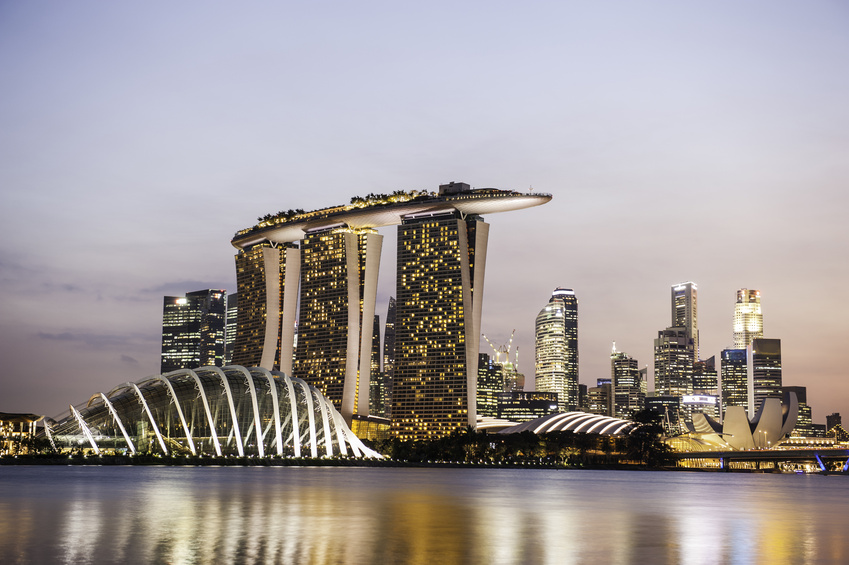On 23 August 2023, the US Treasury Department’s Office of Foreign Assets Control issued the first Determination Pursuant to Section 1(a)(i) of Executive Order 14014, which extends the application of section 1(a)(i) of EO 14014 to the jet fuel sector of the Burmese economy. On the same day, OFAC also published two related Frequently Asked Questions: FAQ 1132 and FAQ 1133.
On 30 August 2022, the Indonesian House of Representatives agreed to pass a law ratifying the Regional Comprehensive Economic Partnership, the largest regional free trade agreement outside the World Trade Organization — involving 10 ASEAN countries and five non-ASEAN countries, i.e., China, New Zealand, Australia, Japan and South Korea. With the passing of this law, which still requires promulgation by the President, RCEP is set to come into force for Indonesia, possibly before the end of the year.
On March 24, Canada amended its sanctions measures imposed on Myanmar by designating an additional 4 individuals and 2 entities. The Canadian Government indicated that these new sanctions are intended to target arms flows, individuals and entities who procure and supply arms and military equipment to Myanmar. These new measures were developed in coordination with the United Kingdom and United States.
On 26 January 2022, the US Departments of State, Treasury, Commerce, Labor, Homeland Security and the Office of the US Trade Representative issued a joint advisory that highlights certain supply chain-related risks for companies whose business and supply chains may touch Burma/Myanmar.
On 21 June 2021, the UK and EU both announced further sanctions targeting individuals and entities linked to Myanmar’s military regime.
The EU announced that it was imposing sanctions against an additional 8 individuals, 3 economic entities (Myanmar Gems Enterprise; Myanmar Timber Enterprise; and Forest Products Joint Venture Corporation Limited) and the War Veterans Organisation.
Continuing our series of video chats on the Future of Disputes in Asia Pacific, we take a look at C&I trends and developments across the region. Mini vandePol, head of the Firm’s Asia Pacific Compliance & Investigations Group, and Georgie Farrant, head of Australia’s Dispute Resolution team, talk about global C&I trends that impact clients operating in Asia Pacific such as ESG, economic sanctions, anti-bribery/corruption developments and compliance programs.
In the first episode, Nandakumar Ponniya, chair of the Asia Pacific Dispute Resolution Group, Cynthia Tang, head of the Hong Kong Dispute Resolution team, and Yoshiaki Muto, head of Tokyo’s Dispute Resolution team, discuss developments in commercial litigation around four key areas: (1) technology, (2) mediation, (3) international commercial courts, and (4) class actions in Asia Pacific.
Singapore’s Ministry of Trade and Industry announced that on 9 April 2021, Singapore deposited its instrument of ratification with the Secretary-General of ASEAN and became the first country to complete the official process for ratification of the Regional Comprehensive Economic Partnership (RCEP) Agreement.
On March 31, 2021, the Swiss government amended the list of individuals in Annex 1 to the Ordinance on…
On 25 March 2021, the UK Government announced further measures targeting the Myanmar regime, adding Myanmar Economic Holdings Public Company Ltd (MEHL) to the Global Human Rights financial sanctions regime for its alleged involvement in human rights violations against the Rohingya. MEHL has been added to the UK Sanctions List and to the Office of Financial…



